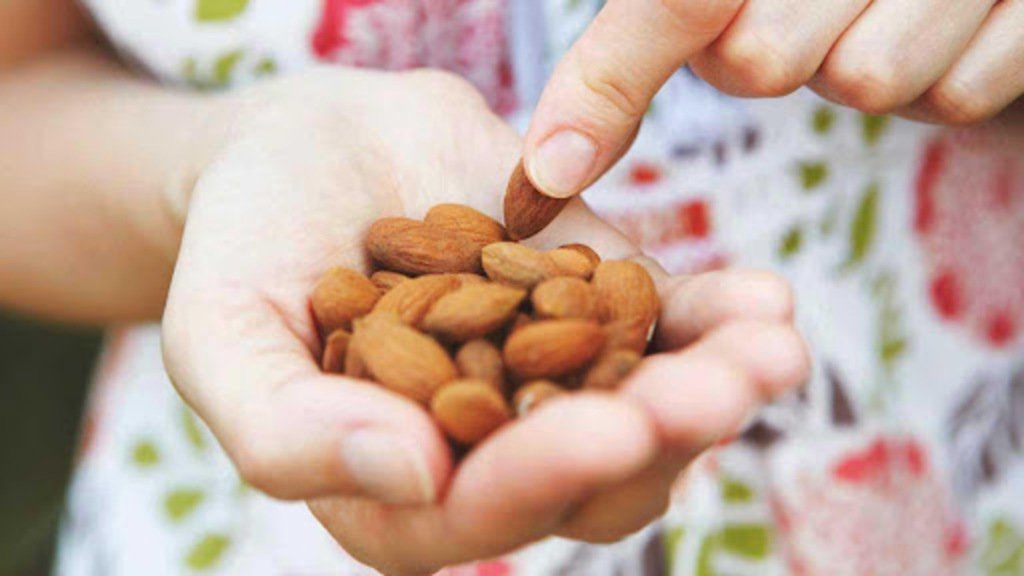Dietary Do’s and Don’ts for Restful Slumber: Best and Worse Foods to Eat Before Bedtime
A night of restful sleep is as critical to our well-being as a balanced diet and regular exercise. Yet, in our fast-paced world, sleep deprivation is a common issue, with many seeking ways to improve sleep quality. What we consume before bedtime can play a crucial role in this quest, either by promoting relaxation and drowsiness or causing discomfort and restlessness. This article delves into the interplay between diet and sleep, highlights key nutrients that encourage a peaceful night, and lists the best and worst foods to consume before turning in for the night.
Table of Contents
How Food Affects Sleep:

The interrelation of food and sleep is a subject of ongoing research, with evidence suggesting that certain foods and their components can influence sleep patterns. Foods rich in specific nutrients can enhance the brain’s production of chemicals and hormones that promote sleep, such as melatonin and serotonin. On the other hand, consuming the wrong types of foods can lead to disrupted sleep cycles, insomnia, or feelings of unrest no matter if you have one of the best mattresses in the UK, the US, or the whole world to sleep on.
Key Nutrients for Pre-Sleep Nutrition:

To optimize sleep quality, incorporating foods rich in specific nutrients is beneficial. Notably, tryptophan, an essential amino acid, is paramount as it is utilized by the body to synthesize serotonin. This neurotransmitter is critical for maintaining mood balance and is subsequently converted into melatonin, a hormone essential in regulating sleep-wake cycles. Ensuring adequate tryptophan intake through diet can facilitate this process and lead to improved sleep quality.
In addition, magnesium plays a significant role in sleep regulation. Renowned for its calming effects, magnesium contributes to muscle and nerve relaxation, which can help alleviate stress and prepare the body for restful sleep. A diet with an appropriate intake of these nutrients may help one achieve a state of relaxation and readiness for sleep, thus potentially enhancing the overall sleep experience.
Good Foods to Eat Before Bedtime

- Cherries: Recognized as one of the few natural foods that contain melatonin, cherries, especially tart cherries, can enhance the body’s melatonin levels, thereby improving sleep quality. The antioxidants in cherries also aid in the reduction of inflammation, which can contribute to a calmer night’s rest.
- Bananas: Packed with potassium and magnesium, these fruits serve as a natural muscle relaxant and also provide tryptophan, the precursor for melatonin and serotonin synthesis, supporting both sleep and mood regulation.
- Walnuts: As a substantial plant-based source of tryptophan, walnuts also have their own melatonin, which may help elevate melatonin levels in the blood, encouraging a quicker onset of sleep and sustaining its duration.
- Turkey: The high level of tryptophan in turkey is believed to contribute to the sleepiness felt after consuming a heavy Thanksgiving meal, promoting the production of melatonin and possibly helping in achieving deeper sleep states.
- Milk: The time-honored practice of drinking a glass of warm milk before bed is supported by milk’s contents of tryptophan and calcium, which can assist in the production of melatonin and also benefit sleep by reducing muscle spasms and soothing nerves.
Foods to Avoid Before Bedtime

- Citrus Fruits: Their acidity can be problematic, as it may lead to heartburn or reflux in sensitive individuals, which can cause discomfort, leading to tossing and turning at night.
- Spicy Foods: The capsaicin in spicy foods can upset the stomach and induce acid reflux, resulting in a burning sensation that can keep one awake or disrupt sleep by causing discomfort.
- Fried Foods: High in fat and difficult to digest, fried foods can cause bloating and discomfort, which may keep the body too busy digesting to relax fully during the night.
- Dark Chocolate: Though a healthier choice among sweets, dark chocolate contains caffeine and theobromine, which are stimulants that can keep the brain alert and increase the heart rate, potentially leading to sleep disturbances.
- Coffee: The caffeine in coffee is a potent stimulant that inhibits the production of sleep-inducing chemicals in the brain and increases adrenaline production, disrupting the natural sleep cycle.
- Alcohol: It might initially promote sleepiness, but alcohol is notorious for causing fragmented sleep patterns and preventing the deeper stages of the sleep cycle, leading to less restorative sleep.
- Ice Cream: The high sugar content can cause a surge in insulin levels and a subsequent drop in blood sugar, which may lead to wakefulness at night and disturb the sleep cycle.
- Cheese: Cheese contains tyramine, an amino acid that prompts the release of norepinephrine, a brain stimulant, which can make falling asleep more challenging for some individuals.
- Red Meat and Chicken: These protein-rich foods are harder to digest and can lead to a heavy feeling in the stomach, which might keep the body working to break down food rather than settling into sleep.
- Pizza: The combination of high-fat cheese and acidic tomato sauce can lead to heartburn or acid reflux, particularly when lying down, making it difficult to stay asleep.
- Tomatoes: Just like citrus fruits, the acid in tomatoes can trigger reflux and digestive discomfort, which may disrupt sleep and lead to waking up throughout the night.
- Diuretic Foods: Foods with diuretic effects, like cucumber or watermelon, can cause more frequent trips to the bathroom during the night, thus interrupting the sleep cycle and reducing the overall quality of rest.
Conclusion
The quest for a good night’s sleep can be greatly impacted by dietary choices made throughout the day, especially in the hours leading up to bedtime. By selecting foods that are rich in sleep-promoting nutrients and avoiding those that can cause disturbances, one can enhance the quality of their rest. By fine-tuning our pre-sleep eating habits, we can embrace the slumber we deserve, waking up refreshed and ready to face the day with vigor.
Remember, though, that individual responses to foods can vary, and what works for one person may not for another. It’s always a good idea to consult with a healthcare provider or a dietitian before making significant changes to your diet, especially if you have underlying health conditions or are taking medications that could interact with certain foods.
For fashion, travel related updates visit Travel World Fashion.




